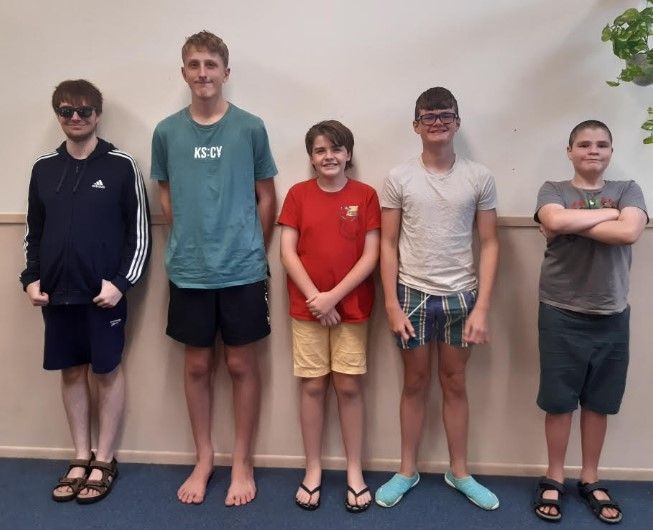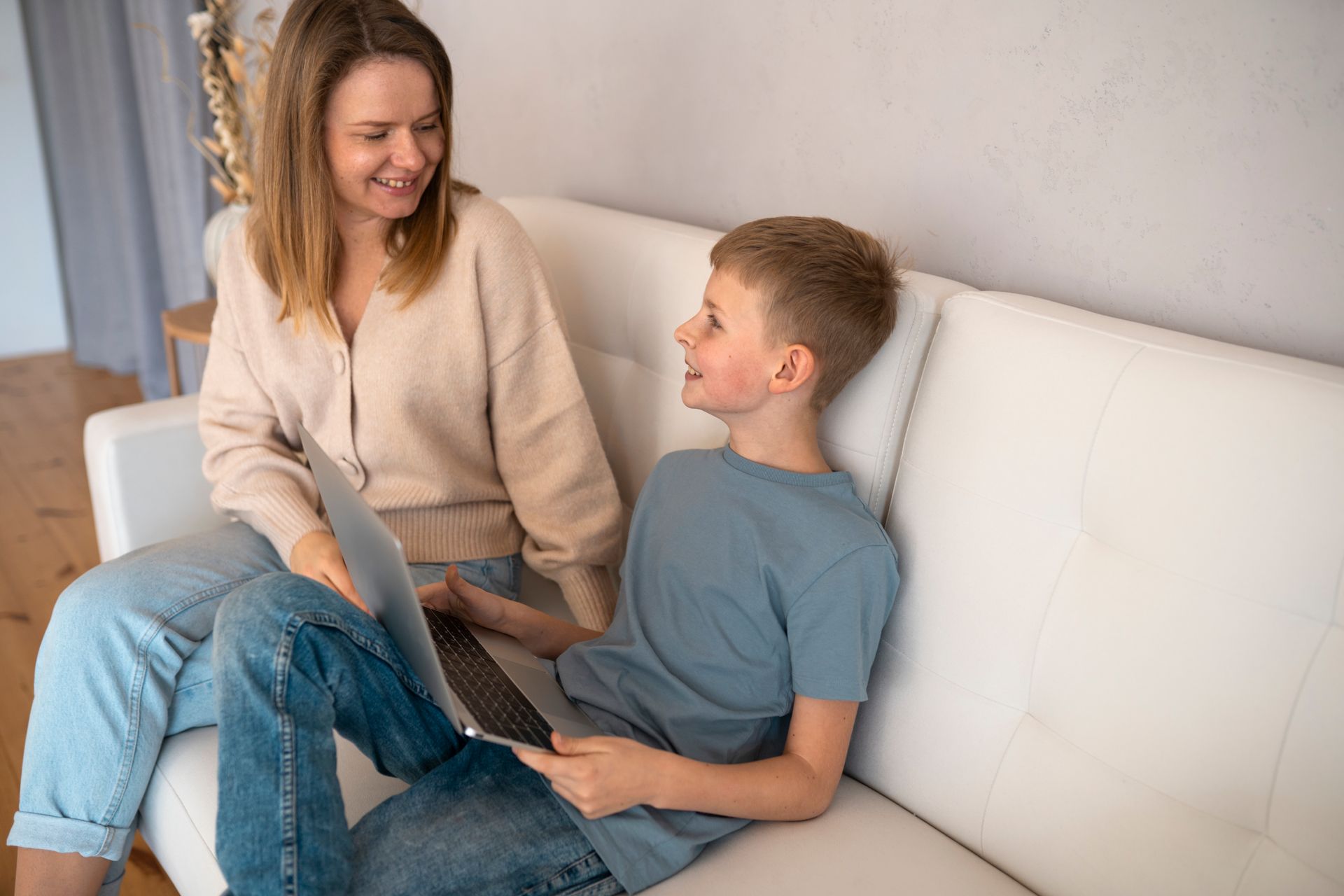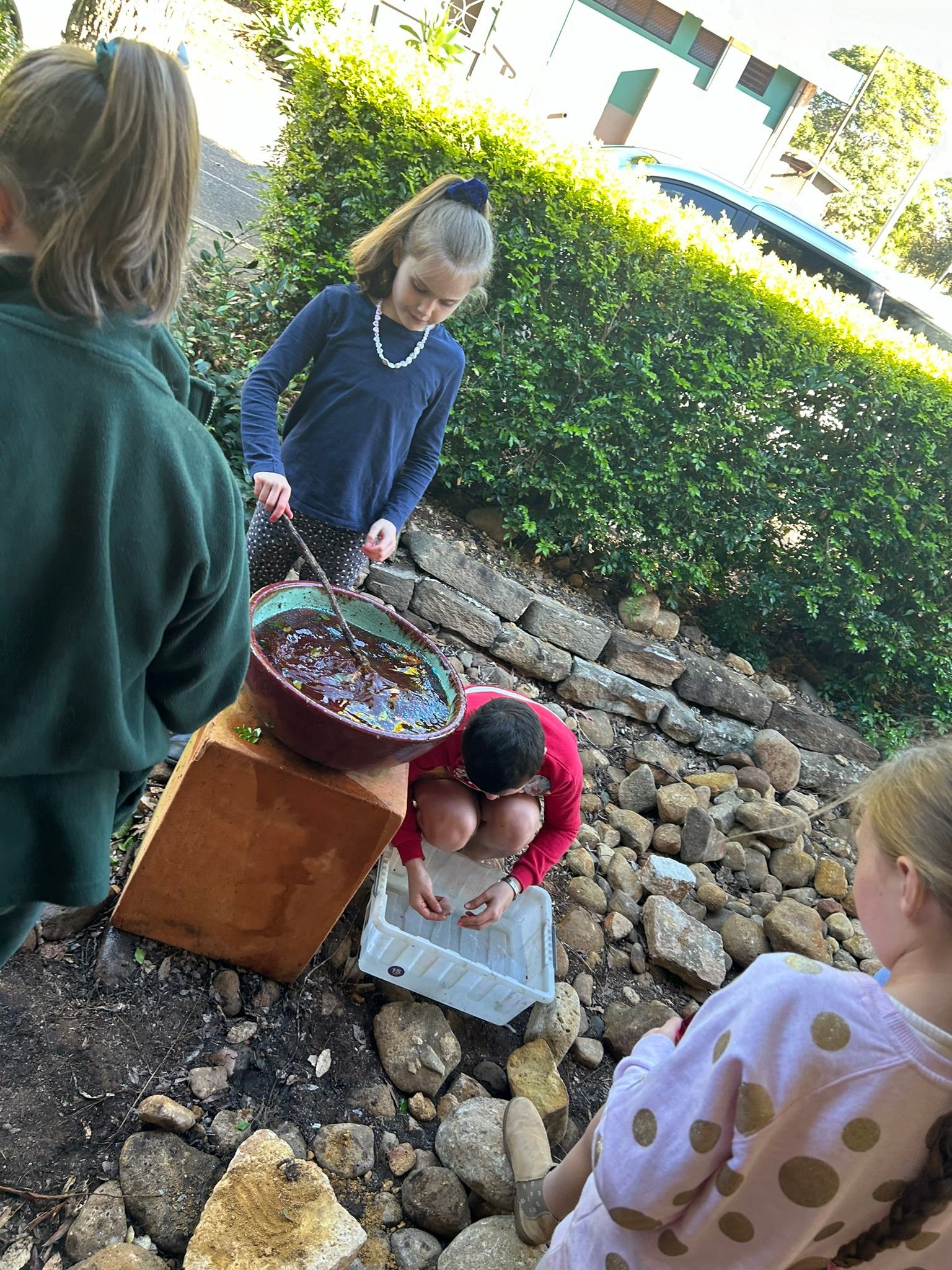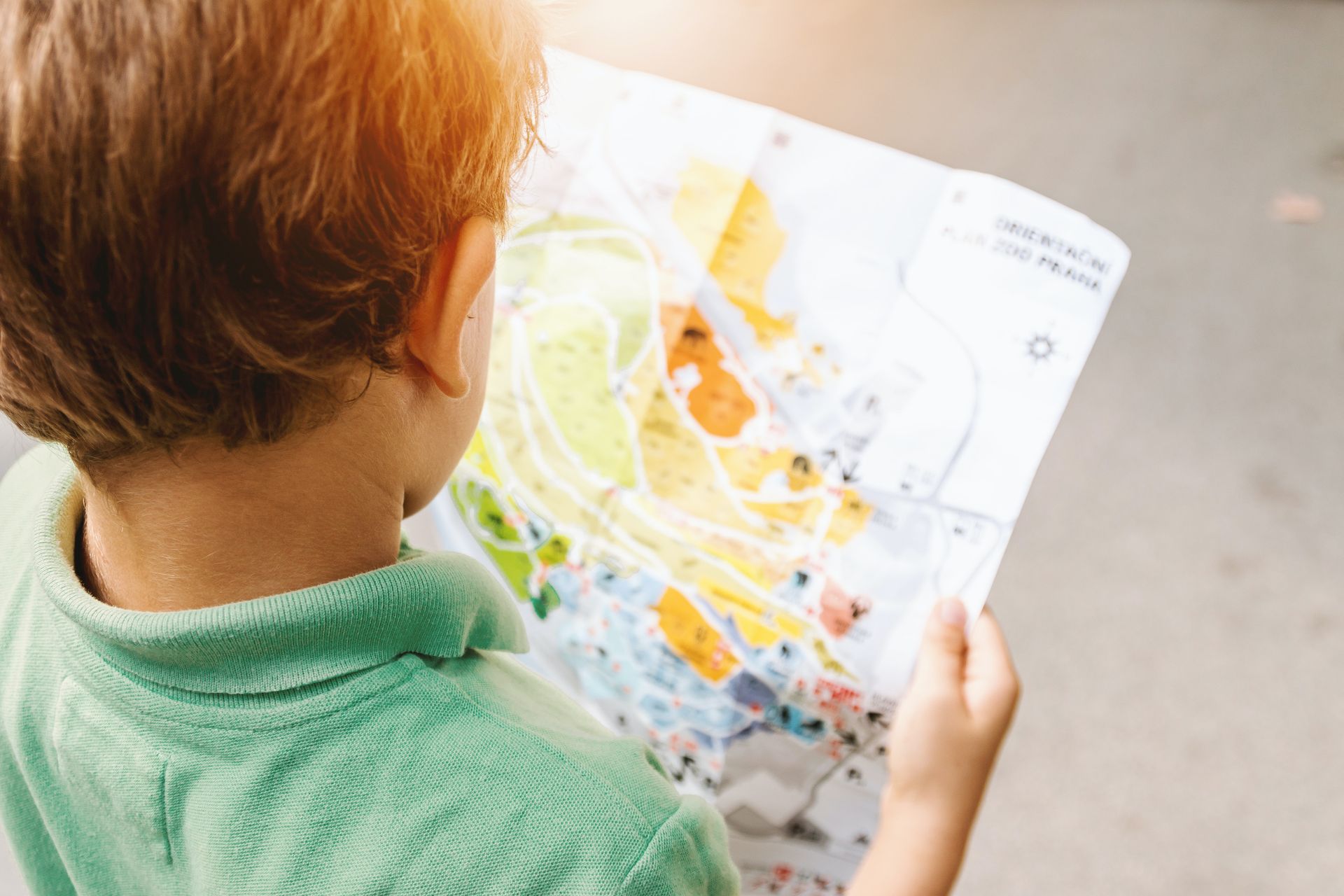
The Power of Play & Catch Ups
The Crucial Role of Play and Catch-Ups in Developing Social Skills
Imagine learning to read without being regularly exposed to letters, sounds, or texts. It would be nearly impossible to develop reading skills without these experiences. Similarly, without exposure to play and social interactions, children and teens may struggle to develop or maintain the foundation skills they need to engage effectively with others, and to build friendships.
This is because social skills are not innate, nor are they easy; they are learned and developed over time. Just like any other skill, developing skills for successful social interactions requires practice, exposure, and guidance. This is where play and catch-ups play a pivotal role in social development, providing children and teens with essential opportunities to learn how to communicate, cooperate, negotiate, share interests, and navigate social situations with their peers.
As children grow, so do their play and social interactions. From childhood playground games, playdates and structured activities to unstructured hangouts in adolescence, the complexity of social interactions increases. Each stage provides new challenges and learning opportunities, helping children and teens build their social skills over time.
It's no surprise that for children who are socially confident and enjoy playing and socialising tend to have more opportunities to practice their social skills. Consequently, this frequent practice makes socialising easier over time. On the other hand, children with social challenges or social anxiety may have fewer successful interactions or may even avoid socialising altogether. This lack of practice in real-life social contexts can make socialising more difficult for them. Therefore, for children and teens facing social challenges or anxiety, play and catch-ups are even more crucial to help them learn and practice these skills.
Therefore, it’s important to prioritise play and social catch-ups in your child's or teen’s schedule, as they are essential opportunities for building social and communication skills. However, it's also important to be mindful of not overdoing it and taking measures to ensure the catch ups are manageable, with like-minded people, and therefore, successful. Also keep in mind that socialising can be exhausting for many people, so finding a balance and avoiding burnout is key.
See suggestions for arranging a successful get-together HERE.
Some benefits of social catch ups and play:
- Teaches cooperation, negotiation, teamwork and conflict resolution in realistic contexts.
- Helps with flexible thinking and behaviour and dealing with unwanted outcomes.
- A well planned, supported play/catch up provides a safe space for experimenting with language and communication and to share common interests.
- A well planned and supported catch up helps to find potential sources of friends, and consolidate existing friendships.
- Through role-playing (from make-believe play to more complex tabletop role-playing games) children and teens develop social cognition, empathy and build emotional intelligence by stepping into different perspectives.
- Helps build understanding of social norms and rules, while also teaching reciprocity, respect and boundaries.
- Builds social connections, helps to make good quality friendships, safeguards against feelings of depression and isolation and builds overall well-being.
- It's fun (when it's planned and organised well)!

Making Connections Toowoomba | Website by dmsCREATiVE








